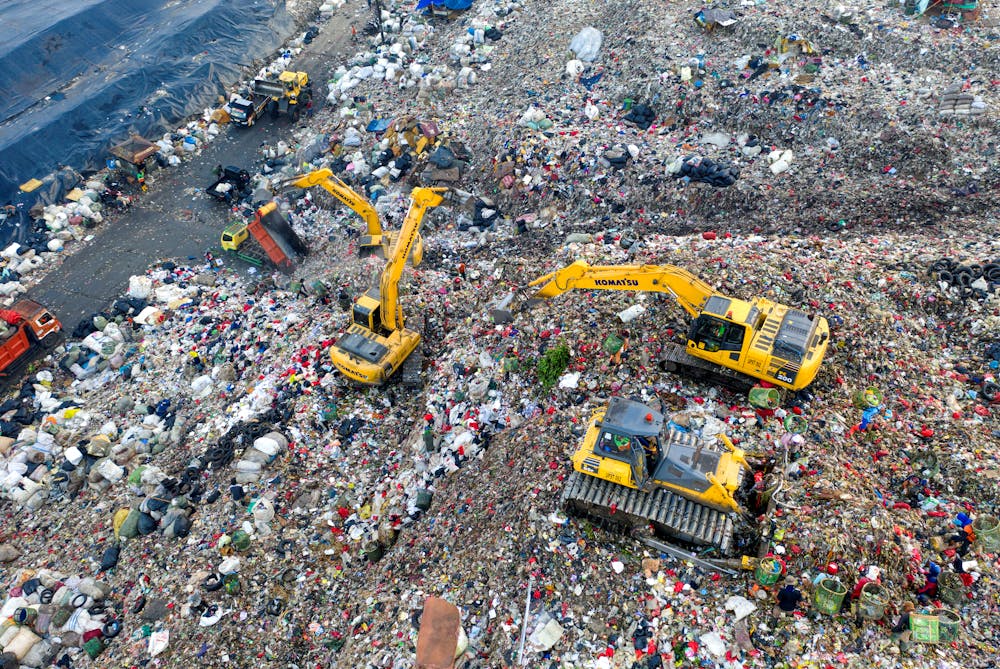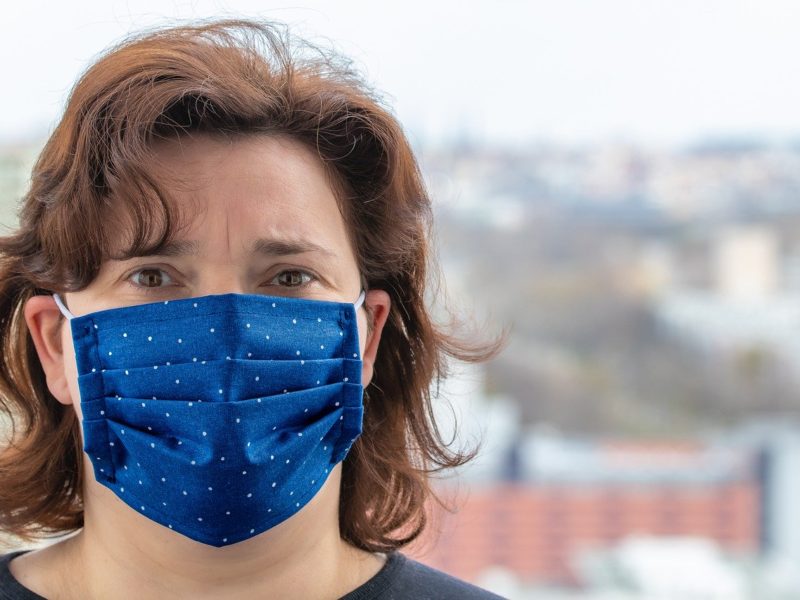
Environmental Impact Of Disposable Masks
While face masks have become a necessity, their wide usage has brought its own drawbacks, environmental pollution being the major one. Disposable masks have become a significant concern, and environmentalists are worried about the environmental impact of face masks. But there’s a lot more to the subject that you should know!
Where Do Disposable Masks Go?

After you dispose of a mask, where do you think it goes? Disposable masks create landfills. Since most of these face masks are a product of plastic materials, they don’t exactly decompose soon. When you dispose of them, they become environmental pollution and persist for decades, just like all the other plastic waste around us.
Increased Mask Sales Mean Increased Pollution
As mentioned earlier, with the rising demand for disposable masks, landfills have been excessively increasing. The more masks people use, the more they dispose of, and the more pollution they create.
Toxicity At Its Worse

These wasted disposable masks are hazardous to both land and sea creatures, including animals, plants, and humans. Face masks seeping into the sea and oceans suffocate various fish and cause painful deaths. The same happens to animals on the land that consumes these plastic materials mistakenly as food. All kinds of animals choke on the plastic waste, fall sick, and eventually die. As for humans, animals who feed on these plastics become food for us. Thus, the plastic reaches our body systems indirectly, lowering our immune systems and making us sick.
But There Are Solutions Too!

Disposable masks have created havoc in terms of pollution. However, we can solve the problems we created.
- Use cloth masks instead.
Fabric masks are not only reusable, but they’re also more environment-friendly. Fabric masks are more sustainable, and they decompose easier compared to plastic face masks.
- Don’t use filters.
Layering a mask’s fabric is a much better, more eco-friendly option than adding filters to the face cover. These filters are also plastic, so if you switch to a fabric mask but keep replacing filters every day, there’s not much improvement in the plastic waste. Hence, opt for folding the fabric multiple times to increase protection.
- Wash your masks with your hands.
Avoid using your washing machine to clean the masks, as that too adds to the environmental pollution. Manually wash the covers and prefer air-drying the face mask afterward.
However, Teamwork Is Essential
Despite these practical solutions, they cannot work unless we work collaboratively. Countries and states around the world need to identify this problem and take it seriously. If appropriate measures aren’t taken now, we might close the war with Coronavirus this way if not the other. Meaning that we might be able to fight the virus, but the aftereffects and leftover environmental pollution could be a significant problem for us. And to make sure we deal with it on time, all parts of the world need to work together and struggle to limit if not reduce the plastic waste caused by plastic face masks.



